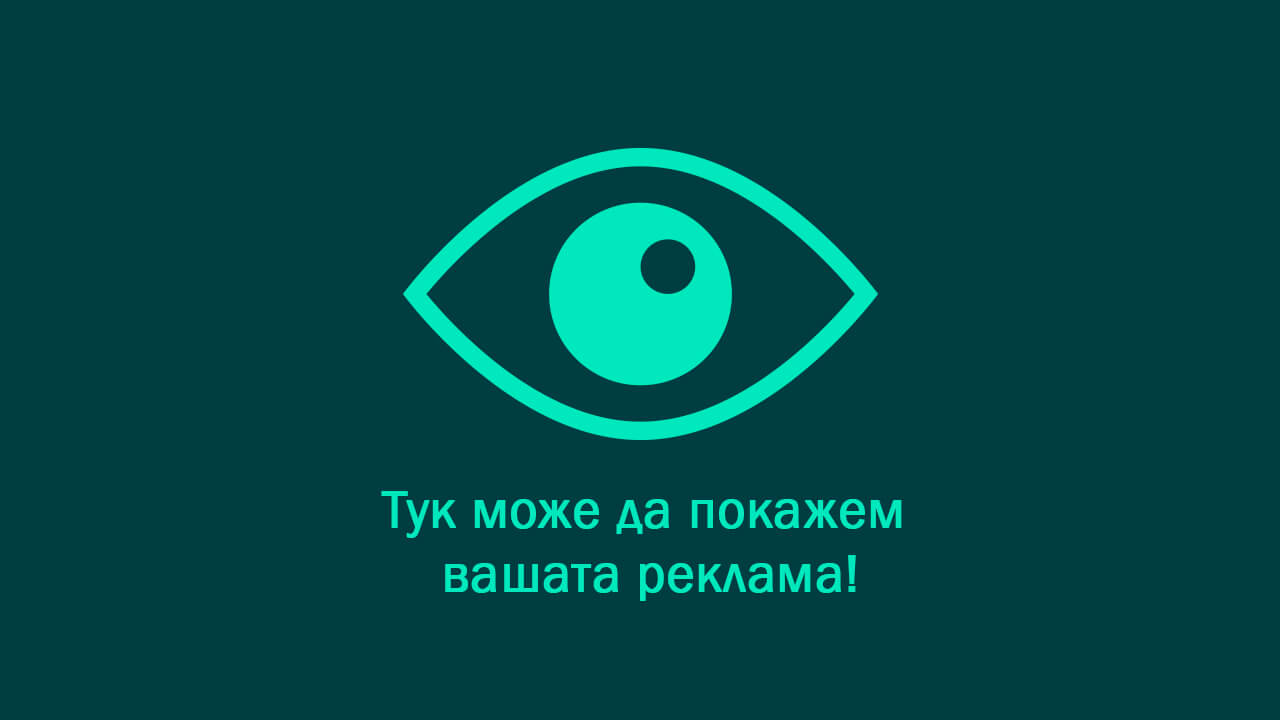Neuritis: Overview
Neuritis is inflammation of one or more nerves that can be caused by various injuries, infections or autoimmune diseases. Characteristic symptoms include pain, tenderness, impaired sensation, numbness, hypersensitivity, impaired strength and/or reflex, abnormal circulation, decreased sweating ability in the distribution of the inflamed nerve.
The term “neuritis” sometimes is used interchangeably with the term “neuropathy”. The latter is a painful condition, generally associated with nerve damage, dysfunction and degeneration instead of inflammation itself. Sometimes neuritis can progress to neuropathy, one of the more common forms of the condition being optic neuritis.
Neuritis can affect one nerve (a conditions called mononeuritis) or a whole plexus of nerves (known as plexitis). With several single nerves affected simultaneously, the condition is usually referred to as “mononeuritis multiplex”.
With several, widely separated affected nerves the condition is referred to as “polyneuritis”. Symptoms of neuritis are often confined to specific portion of the body that is served by the inflamed nerves.
Inflammations of sensory neurons in the nerve fibre often cause symptoms and sensations such as tingling, burning, stabbing pain that tend to be aggravated by the touch or temperature changes and are often worse at night time.
Inflammation of motor neurons can cause a wide range of symptoms - from overall muscle weakness to complete paralysis. Muscles in the affected area can lose tone and become tender, sometimes may even atrophy.
Bell’s palsy causes a characteristic distortion of the muscles on one side of the face. This condition is a form of mononeuritis and is usually caused by inflammation of a facial nerve. This specific condition is sometimes referred to as a form of mononeuropathy.
Treatment is usually directed toward the causes of said neuritis. Analgesics are often prescribed for pain relief and recovery is usually rapid.
Facial neuritis
Facial neuritis occurs when one suffers a nerve inflammation and/or damage to facial nerves. This can occur for different reasons - a viral infection that affects the nerve, injury to the facial area, as well as a number of various factors.
Neuritis symptoms can vary depending on the affected nerves. Symptoms include tingling or burning sensations, muscle weakness and numbness.
If not treated promptly, this condition can possibly lead to serious problems and complications. A pinched nerve can result in nerve irritation if it is not addressed in timely manner. Optic neuritis can develop if optic nerve becomes irritated.
Bell’s palsy is a condition that can affect any age and both sexes. It can develop if treatment is not sought for facial neuritis. The affected nerves can become damaged permanently and pain from irritated nerves may become severe and impossible to diminish or eliminate without the use of strong prescription pain medication.
Facial nerve paralysis could also become a consequence of facial neuritis – one may completely lose sensation in the affected nerve and lose control in certain facial muscles. The face may become lopsided and appear unsymmetrical due to the loss of muscle and nerve tone and function.
Facial weakness is another aspect to be considered. Facial muscles and nerves weaken because of facial neuritis and this can cause severe control issues like imposibility to eat properly, affected vision, impaired hearing, etc.
Read more about Bell’s palsy here.
Read more about Neuritis of the facial nerve.
Exams and tests for neuritis
An overall examination will show facial drooping on one side of the face or – in some cases – only on forehead, eyelid, or mouth. Examination of the eardrum may show fluid-filled sacs (vesicles).
A blood test may be done to rule out Lyme disease.
Other tests may be performed, such as:
• lumbar puncture
• MRI
• tests to rule out a stroke
• tests to rule out nervous system problems
Treatment of neuritis
According to World Health Organization (WHO) “neuritis is an acute inflammation of the nerves with nerve pain, local oedema and rapid loss of function”.
Finding and treating the cause is generally the best way to relieve symptoms. Sometimes the condition may disappear on its own (depending on the severity of the damage to the nerve/s). Anti-inflammatory drugs such as steroids may be used in early stages. These medications may be combined with an antiviral drugs (i.e. Acyclovir).
Lubricating eye drops and various eye ointments may also be prescribed to protect the eye in case it doesn't close completely. Sometimes you may need to wear a patch over the eye, most often while sleeping. In case of tumors that are pressing on the facial nerve your doctor may recommend surgical operation to remove them.
